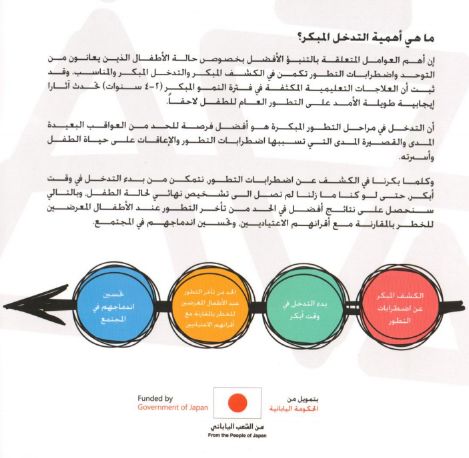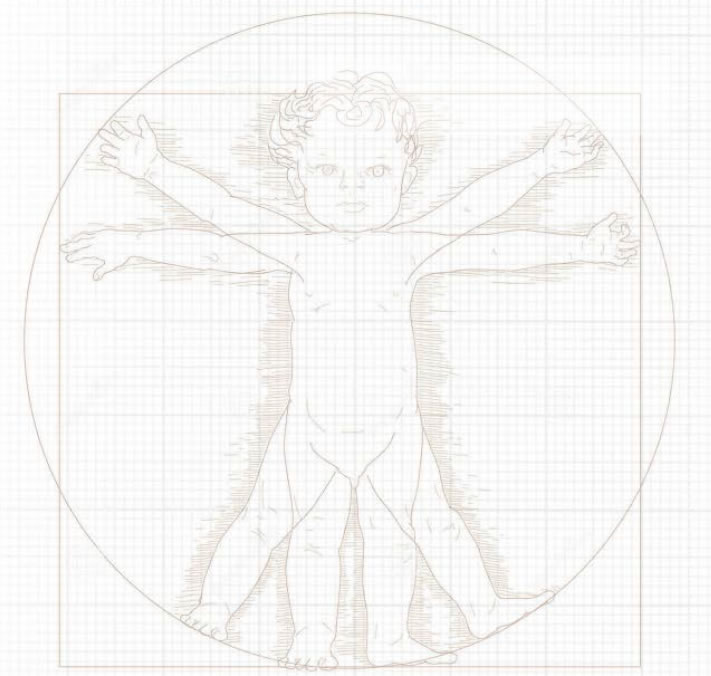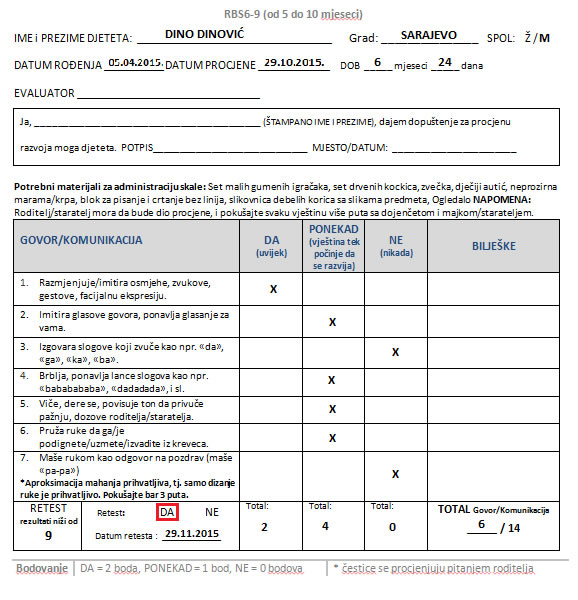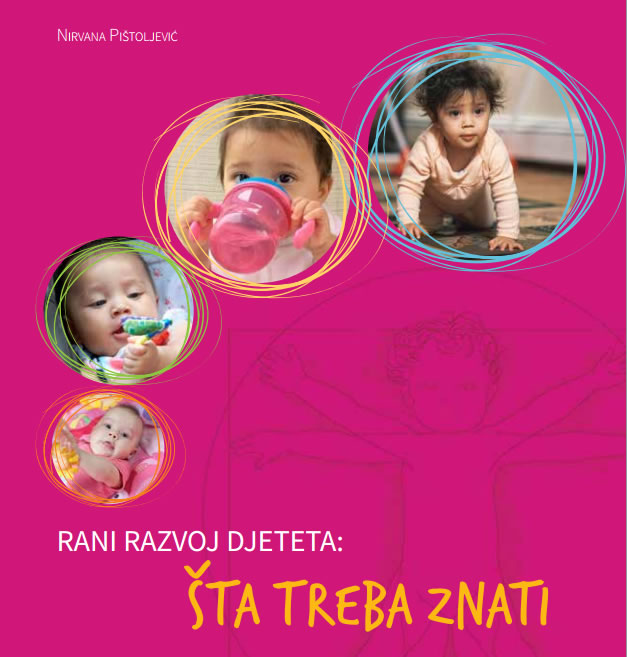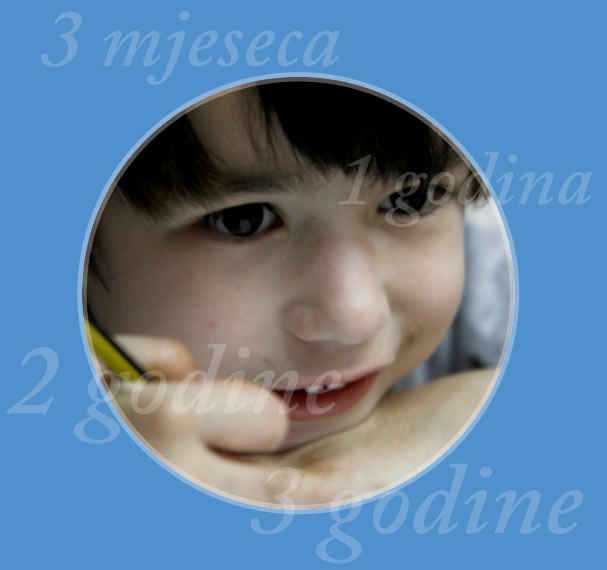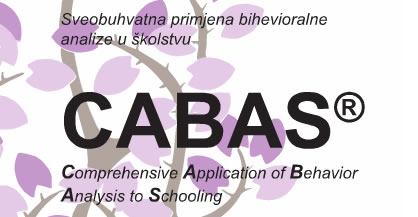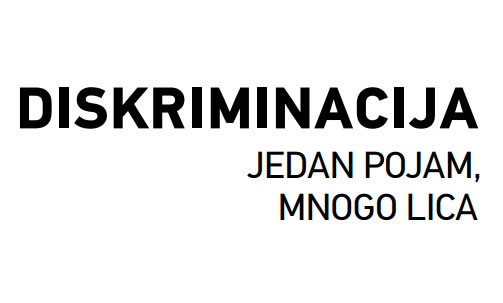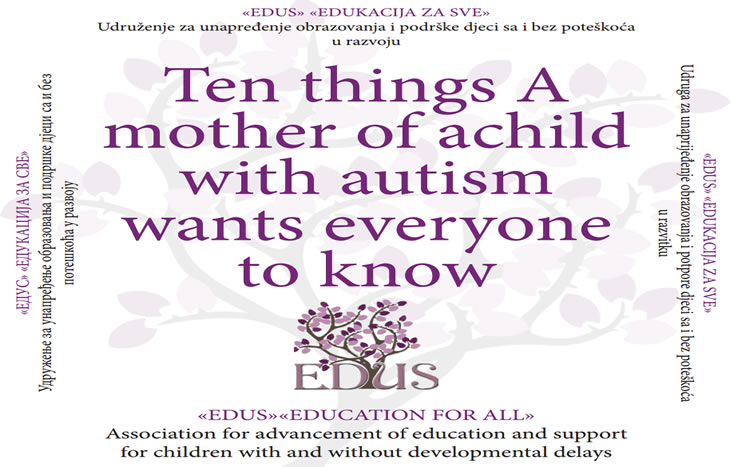1. EDUS Guide for Developmental Assessment/Evaluation and Creation of Curricula (Individualized Program) for Children Ages 0-3 *
EDUS Guide for Developmental Assessment / Evaluation and Creation of Curricula (Individualized Program) for children ages 0 to three years, based on the development behavior standards and norms of the typical development (milestones. The Guide 0-3 is at the same time a tool for assessing the skills of children ages 0 to three years, the curriculum for systematic work on children’s skill development for their undeveloped skills, and a tool for monitoring the child’s development and progress as well as the evaluation quality of the intervention program.
2. EDUS Guide for Developmental Assessment/Evaluation and Creation of Curricula (Individualized Program) for Children Ages 3-6 *
EDUS Guide for Developmental Assessment / Evaluation and Creation of Curricula (Individualized Program) for children from three to six years is based on the development behavior standards and norms of typical development (milestones). Guide 3-6 at the same time is a tool for assessing the skills of children aged three to six years, the curriculum for systematic work with children in order of developing skills that have not been developed, and a tool for monitoring the development and progress as well as the evaluation quality of the intervention program.
3. Parent Education Curriculum / 1 year-12 main themes plan and program for good parenting *
Parent Education Curriculum is addressed to you in order to provide adequate support to families through parenting education and the creation of additional activities and instructions for work at home , and thus contributed to the successful growth and development of children, the easier and more effective to strengthen parental skills . It has 12 main themes that can be used for education in your resource center/resource room in a year (for each month one theme). Each main topic contains several sub-thems, so that the curriculum is very suitable for adaptation to the needs of different educators, parents with children of different developmental stages and ages , as well as individuals. The curriculum is very practical and flexible, and you can use it according to the needs of your local community.
4. Behavioral Developmental Screening and Monitoring Tool for Children Ages Birth-6.
The monitoring of the development and achievement of all pivotal developmental milestones of children is the only way for the early detection of developmental deviations it open up the possibility for early response and child’s involvement in the system of early stimulation and interventions. The brain develops most rapidly in the period from birth to six years and each discovered early departure gives the child a chance of reaching typical developmental milestones. By using 10 Behavioral development scales we are able to observed any change in any of five development areas. Behavioral Developmental Scales (BDS) are designed to be easy for use, and are based on the standards of children’s development in Bosnia and Herzegovina, Skills in BDS are described in such a way that the estimate is based on a measurable and visible behavior of a child, demonstrating skills which is objective and not on the opinions and subjective assessments of psychological constructs. Each Behavioral developmental scale includes items / questions that cover five key development areas: Vebal development / Communication, Motor Development, Cognitive development, Sociol-emotional development and Self-care development.
5. Early Childhood Development
- Šta treba znati? - Prilog (odstupanja u razvoju) - Indicators/ symptoms / recommendations
7. Application of the Comprehensive Behavioral Analysis in Education
What is CABAS ®? (bilingual, English and Bosnian language)
8. Zlatiborka Popov-Momčinović, Saša Gavrić, Predrag Govedarica (priredili_e, 2012)
Discrimination – One term, many faces (Bosnian language). Sarajevo Open Centre
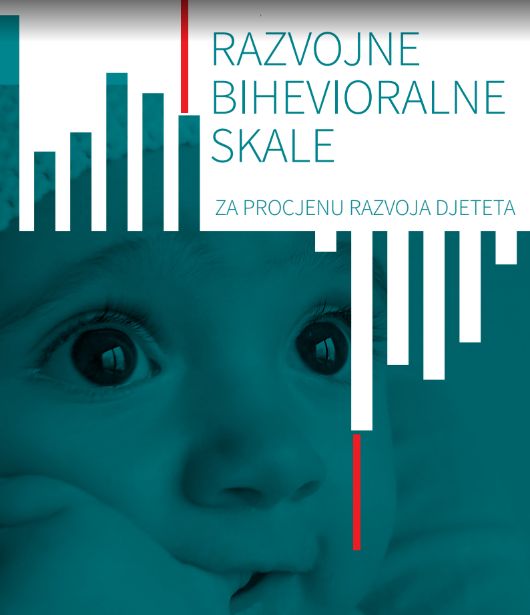
10. Razvojne bihevioralne skale za procjenu razvoja djeteta *
Praćenje razvoja djece i dostizanje svih pivotalnih razvojnih miljokaza je jedini način za rano prepoznavanje odstupanja u razvoju i otvara mogućnost za blagovremeno reagovanje i uključivanje djeteta u sistem rane stimulacije i intervencije. Mozak se najrapidnije razvija u periodu od rođenja do šeste godine i svako rano otkriveno odstupanje daje šansu za dostizanje tipičnih razvojnih miljokaza. Također, potrebno je pratiti rast i razvoj djeteta u tom najosjetiljivijem razvojnom periodu i korištenjem skrining alata poput 10 razvojnih bihevioralnih skala može se uočiti bilo kakve promjene u bilo kojoj od pet razvojnih oblasti.
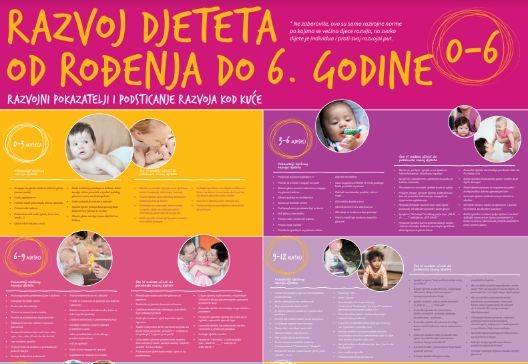
11. Razvoj djeteta od 0 do 6 godina *
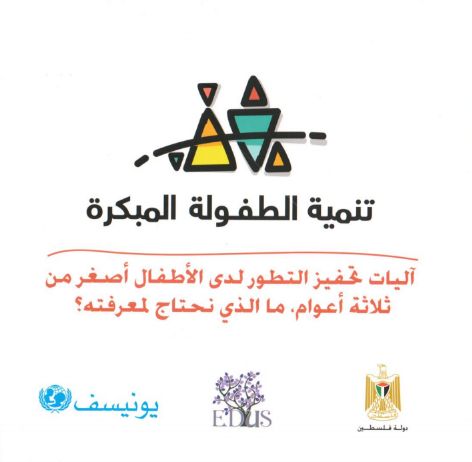
12. Publication Arabic *
